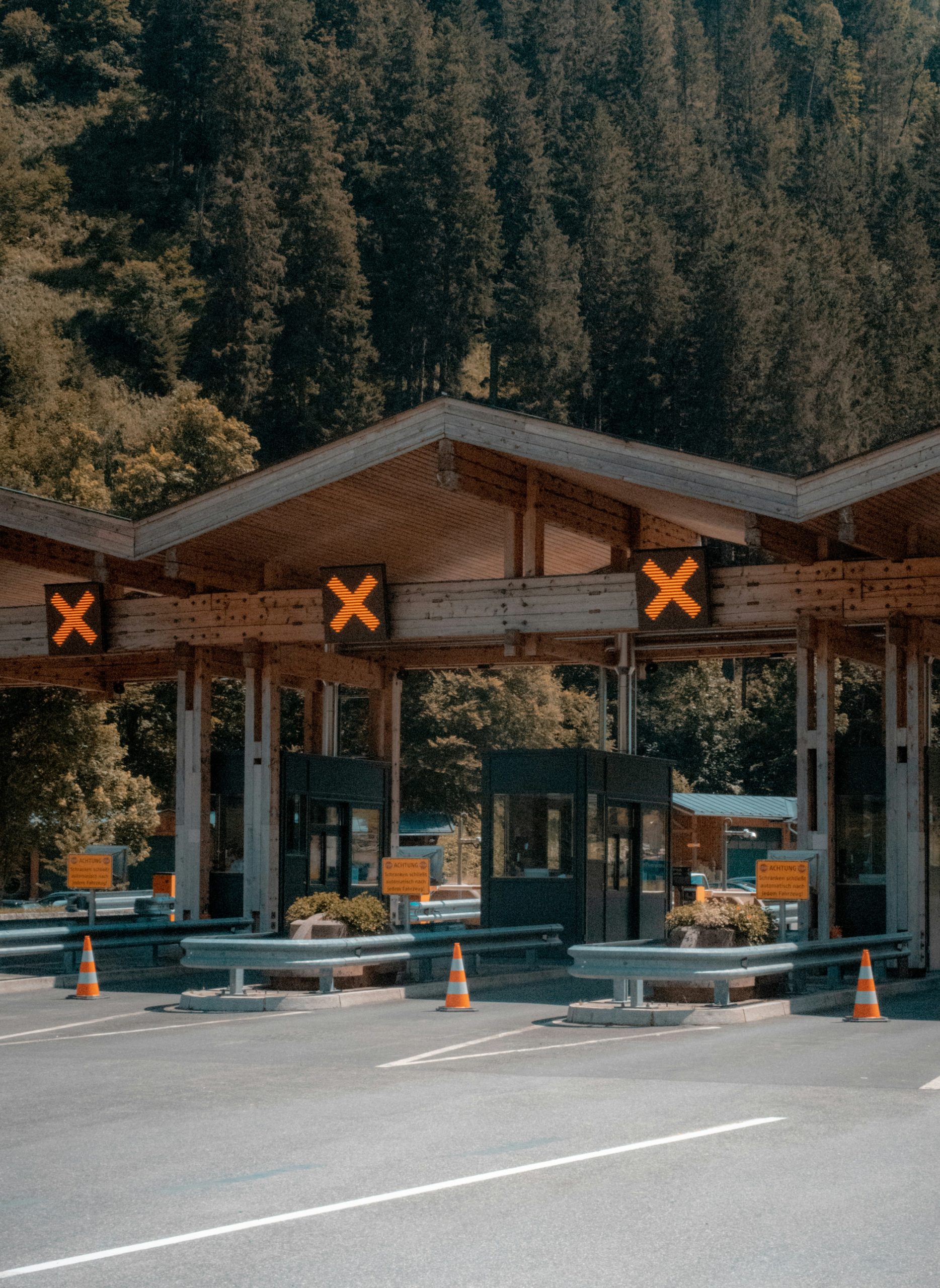NEW PARADIGM
Forum newsletter: Combating populists with stricter border controls?
From our Forum New Economy newsletter series
BY
THOMAS FRICKEPUBLISHED
9. MAY 2025READING TIME
2 MIN
Dear friends and colleagues,
Of course, a government should ensure that people who may endanger the well-being of those living in the country are preferably not allowed to enter in the first place. What the new chancellor and his interior minister have now demonstratively declared as their first move – namely to immediately turn people away at the borders – reveals more: an attempt to use political symbolism to dispel the fundamental doubts about the government’s ability to act, which seem to underlie much of the discontent here and elsewhere. To stop the AfD.
One can already doubt whether the endeavor will stand up legally and be accepted by other Europeans. And how much safer life in the country will really be if fewer people enter. At least as important in the coming years is the question of whether such a tightened migration policy actually helps reduce support for populists.
Whether that is the case is so far simply being claimed without much reflection. But can this be confirmed by experience? Evidence to the contrary includes the fact that the “Ampel” coalition in 2024 gained little from significantly tightening asylum law and actually reducing immigration. The AfD saw no decline in support afterwards. Evaluations from Denmark suggest similar findings: years ago, the Social Democrats won the election against the right after tightening migration policy. A few years later, it turns out that the share of Danes voting for right-wing populists has not significantly decreased. On the contrary, there is even the suspicion that such a policy reinforces the narratives of the extremes – and ultimately strengthens them.
How reliable is such evidence? That will be explored in exclusive expert panels at the upcoming second Berlin Summit of the Forum by leading international experts such as Christian Dustmann from University College London, Berlin migration researcher Naika Foroutan, and Princeton economist Simon Jäger. Ian Goldin of Oxford University will discuss how migration policy can be designed in such a way that it does not overwhelm local populations.
The answer may determine the country’s fate – for instance, whether the new government proves itself capable enough that doubts about democracy diminish.
That it takes much more than just supposed decisiveness in migration policy seems obvious. At the Berlin Summit 2025, discussions will also focus on industrial and climate policy as well as the future of globalization – with the aim of designing a new policy and new order that could replace the dangerous noise of the authoritarians – and be better suited to truly address public discontent: “Winning back the future”. During the public session on June 13, Adam Tooze from Columbia University will speak, alongside James Galbraith from the University of Texas, foreign policy expert Brad Setzer, economist Dalia Marin, and transformation researcher Maja Göpel.
Registration opens next Tuesday via our website – reservations are also welcome by sending a message to info@newforum.org.
Have a great weekend,
Thomas Fricke
This text is from our bi-weekly newsletter series. To subscribe, click here.
